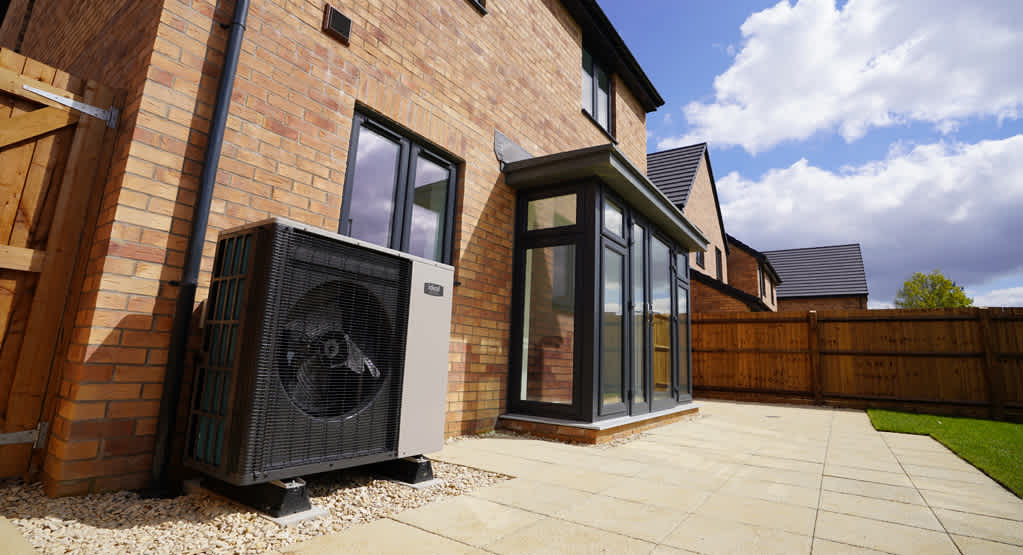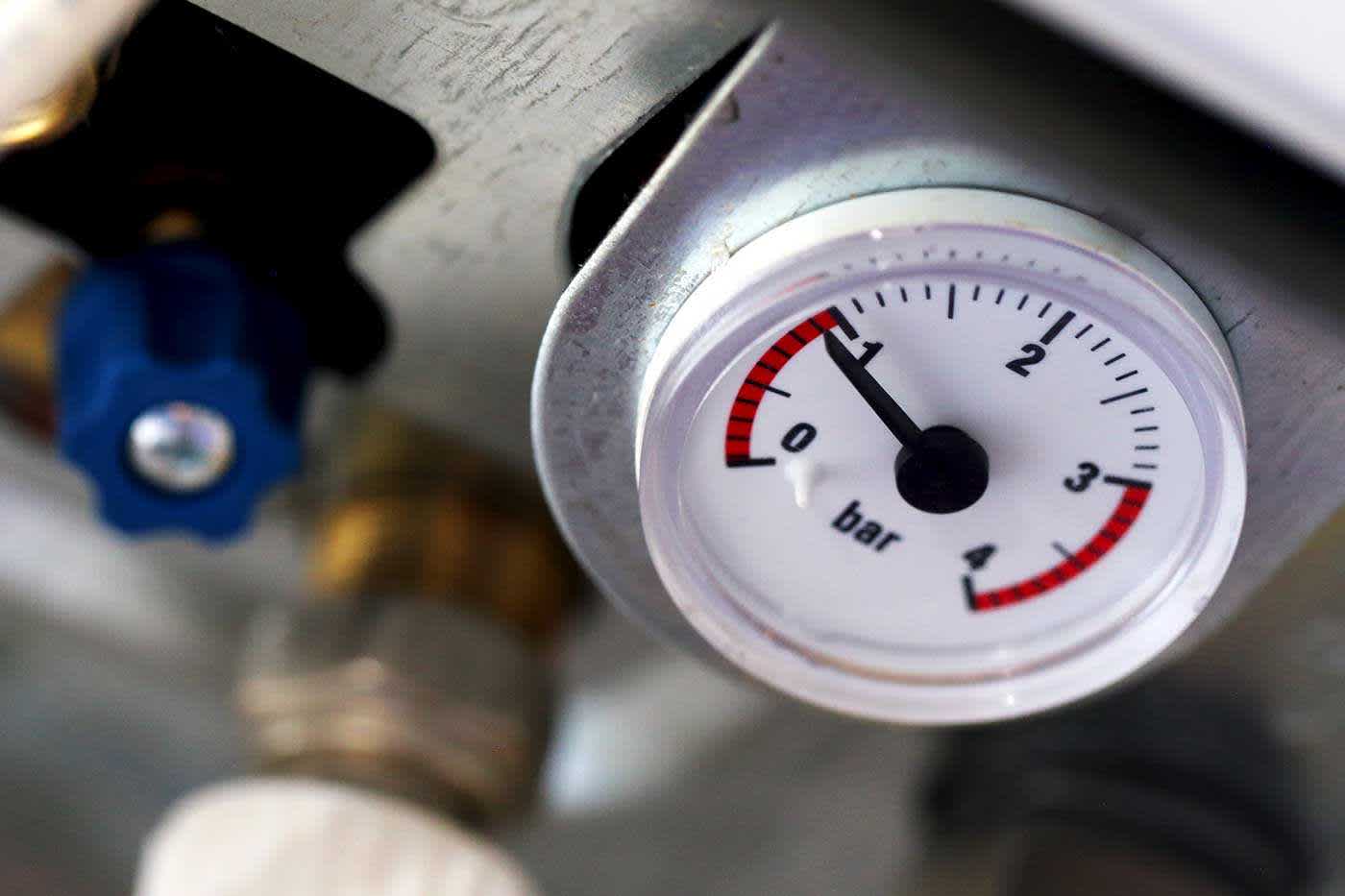
How long does it take to fit a boiler?
If you plan to replace or install a new boiler, one of the first questions you'll ask is: how long does it take to fit a boiler? While there’s no one-size-fits-all answer, understanding the factors involved can help you plan more effectively and minimise disruption to your home.
The time it takes to install a boiler can vary greatly depending on your individual setup, whether you're upgrading your existing boiler, changing its location, switching to a different fuel type, or starting from scratch in a new property.
However, as a broad estimate, a new boiler installation will take between six hours and four days. We break down some examples below to give you more of an idea and explain the process in further detail.
We’ve not taken the last factor (complex situations) into account, as every case will be different. As such, these rough estimates below are for regular installations in the majority of domestic settings.
Straight boiler swap: 4–6 hours
The quickest and easiest installation is swapping an old boiler for a new one of the same type. This assumes that the old one is simply broken, the replacement will be in the same location, and all the water, central heating, and gas pipes are already in place and meet the new model's specifications.
In this situation, installing a new boiler replacement is a simple case of isolating and draining the systems, disconnecting the electricity and the thermostat, removing the boiler, and installing the new one in its place. One engineer can easily do this in less than a day.
Does your boiler need replacing? Our blog has everything you need to know about how long boilers last and when to replace them.
Changing the position of your boiler: 1–2 days
If you already have a boiler but want to change its position or install a new one in a different location, it’s unlikely that this can be done in a single working day. This is because new pipework (water and gas) needs to be installed, and new electric power and thermostat cables need to be connected.
Some mild structural work might also be required, such as building frames and going through brick walls for the flue and overflow. Assuming the old boiler needs to be dismantled, moved or removed, this will also take time.
Changing fuel type: 2–3 days
If you get a new boiler but change the fuel type, there will be extra plumbing and electrical work. For example, switching from an oil or gas system to a new electric boiler, but keeping the position the same will add time to the installation process.
How long does it take to fit a new boiler?
We’re often asked how long it takes to fit a new boiler system for your house. It’s natural to want to know, as it’s inevitable that there will be some disruption to your home life, not to mention your central heating and hot water supply.
Installing a completely new Combi boiler: 1–2 days
If no boiler exists at the moment, the time to install it will be roughly the same as relocating one, as the amount of work will be similar. Any time saved by not taking down the old model will be spent making brand new connections to your water and gas mains inlets.
Presumably, if there’s no boiler, there will also be no central heating system. If you’re having a complete new central heating system and Combi boiler installed, the length of the job will go up dramatically. As an approximation, a brand new system will usually take one to two weeks as it will involve lifting carpets, flooring and floorboards, laying pipework, and installing radiators. The good news is that this can be carried out at the same time as the boiler installation.
Head to our blog for more information on upgrading to a Combi boiler.
Changing the type of boiler: 2–3 days
There are three main types of gas boilers to consider for your home: Combi, Heat only and System. They all require different plumbing and electrics, so if you’re switching from one to the other, it’s almost like a fresh installation in terms of time required.
The biggest change will be if you are upgrading a Combi to a Heat only or System model.
With a System boiler, you’ll need a cylinder to hold the water for your central heating system. This is usually located in an airing cupboard or near the boiler, and this means floorboards being raised and new pipework being installed. If you’re installing immersion heaters in your cylinder, they will need to be connected to the electricity mains, too.
If you’re upgrading to a Heat only boiler, you’ll also need a cold-water tank and an expansion tank — the expansion tank will need to be installed in the loft space or at an elevated place at the highest point of your property. That’s because the system is fed by gravity, not mains pressure. This will also add to the time, as there’s more pipework to install.
If you’re moving from a System or Heat only to a Combi boiler, any extra time will be spent removing the unnecessary cylinders and tanks, stripping away the extra pipework and tidying up afterwards.
Some people choose to leave them in place, just in case they decide to upgrade again at a later date. The choice is yours, but it’s important to factor in that cylinders and tanks will take up extra space in your home, and the components might need to be stripped and cleaned after several years of disuse.
Changing the type and position of boiler: 3–4 days
The biggest job in terms of time is changing both the type and position of your boiler. This can take several days, as it combines all the jobs in “changing the type” and “changing the position” sections above.
As well as any new pipework, tanks and cylinders (or their removal), you might also need to install new brackets, knock holes through walls and re-route water, gas and electric supplies to the boiler.
Straight swaps are not always possible
When you’re considering a straight swap, please note that boilers, cylinders and tanks come in a range of powers and capacities, and the size of pipework for central heating could be too narrow or wide for a particular type of boiler to cope with. If you’re in any doubt, talk to a Gas Safe engineer and arrange a visit so they can inspect your system.
It’s also possible that if your boiler has come to the end of its natural life, then so have other parts of the system, which could mean more work and a longer installation time.
Get an accurate quote for your installation
While finding the right new boiler for your house is easy with our ‘find my boiler tool’, the time it takes to install can vary greatly. Because of this, the timescales above are for reference only and should be used as a vague guideline.
These estimates are only for replacing and installing boilers - any major works to water, gas or electricity supply, or the fitting of baths, showers, sinks and basins have not been taken into account. As such, we recommend speaking to an Ideal-accredited installer in your local area to get an accurate quote for fitting a new central heating boiler in your home.
For more information on how to keep your home safe and warm, take a look at our tips and advice section for articles covering maintenance, pressure, radiators and more.

















